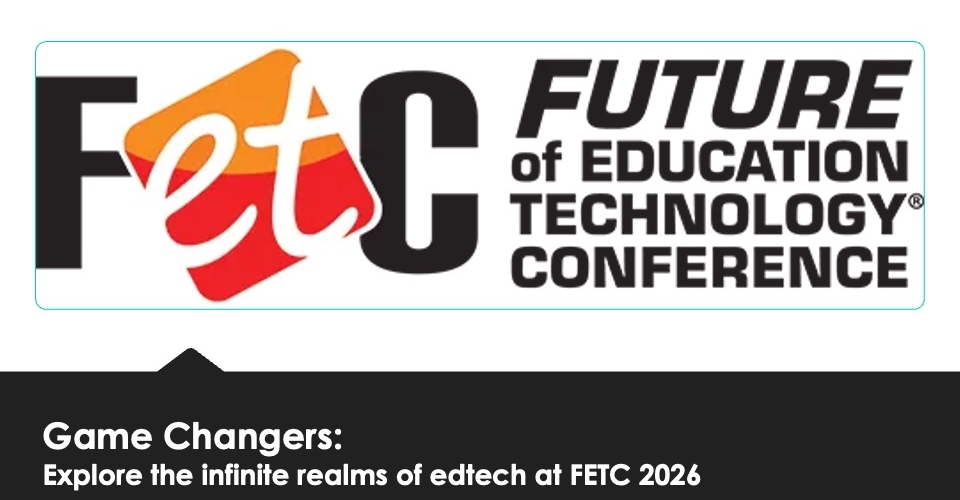Title I, II, and IV funding streams are essential to the resilience and progress of our school community, especially in a post-pandemic world. I work at a career pathway high school, where we prepare students for college and direct workforce entry.
After the pandemic, we welcomed students who were significantly behind academically, socially and emotionally. Many came from homes that, despite best intentions, could not replicate the structure or support of a classroom. Their confidence had dropped and their readiness for the workforce was compromised.
During that time, parents expressed deep appreciation for public school educators. The pandemic offered a window into the complexities of teaching: balancing academics, social-emotional needs and individualized support. Yet, critical public education funding is again threatened a few years later.
Titles I, II, and IV are not just funding streams but lifelines for student success, teacher support and school sustainability. At our career pathway high school, these federal resources have been essential to closing achievement gaps, preparing students for college and careers and responding to the evolving social-emotional needs of our school community.
Title I plays a pivotal role in addressing learning loss and academic disparities, especially for students from low-income backgrounds. It has allowed us to implement targeted interventions, hire support personnel and invest in adaptive learning tools—efforts that helped our school become one of the few in Delaware recognized for closing the achievement gap.
Beyond academics, Title I supports the development of essential life and workforce skills like time management, professional communication and personal organization. These skills, often absent from traditional curricula, are critical for postsecondary success and long-term community impact.
Title II ensures that we invest in our educators, the people responsible for delivering high-quality instruction. This funding supports job-embedded professional development that equips teachers to manage classrooms, respond to trauma and meet the complex needs of today’s learners.
One of our alumni, now a teacher in our building, entered the profession through a Title II-supported mentorship program. Her success story is just one example of how strategic investment in educators strengthens the entire system. Without strong, well-trained teachers, we cannot build the future workforce or provide equitable access to learning for all students.
Title IV expands opportunity beyond core subjects by funding the arts, STEM, mental health services and industry-aligned CTE training. In a time of rising costs and emotional strain, Title IV helps fill the gaps, academically, socially and economically.
One student, unable to afford college, leveraged his CTE certifications earned through Title IV-supported programs to gain employment, advance into management and ultimately have his college education paid for by his employer. Meanwhile, increased counseling and wellness supports funded by Title IV continue to address the growing mental health needs of students still impacted by the pandemic.
Title I, II and IV provide the structure, staffing, and support our students and educators need to thrive. These investments don’t just meet today’s needs—they shape tomorrow’s opportunities. Protecting and expanding these funding sources is not optional—it’s foundational to the success of public education and the strength of our future workforce.
When we speak with legislators, we share real stories of students gaining confidence, teachers staying in the field because they were supported, and communities lifted by opportunity. Schools face impossible choices without this funding: cutting programs, overloading staff and reducing student support. Public education is designed to serve all students.
Diverting funds to private systems risks harming those who need support most. Investing in Title I, II, and IV and any public school funding is not optional—it’s foundational. Our future depends on it.



